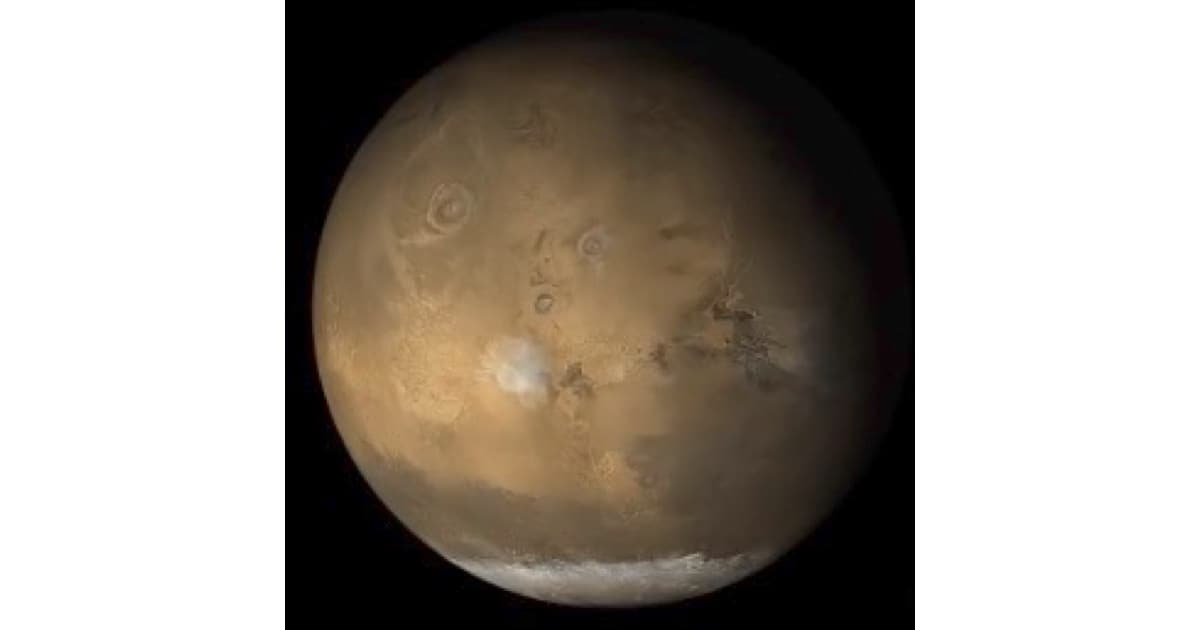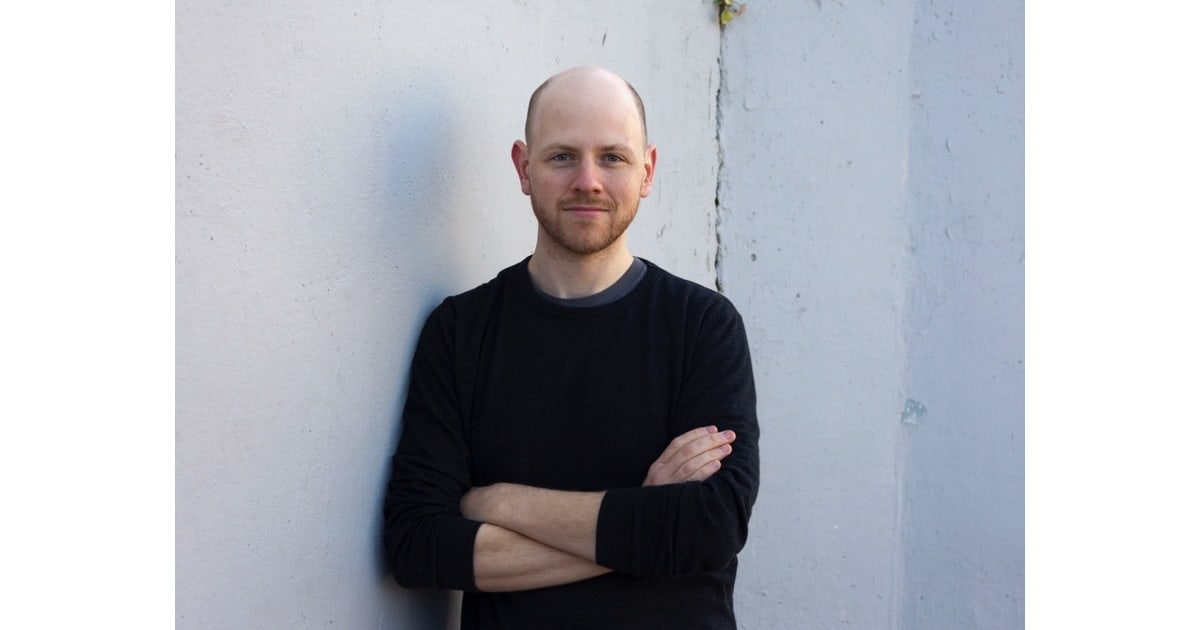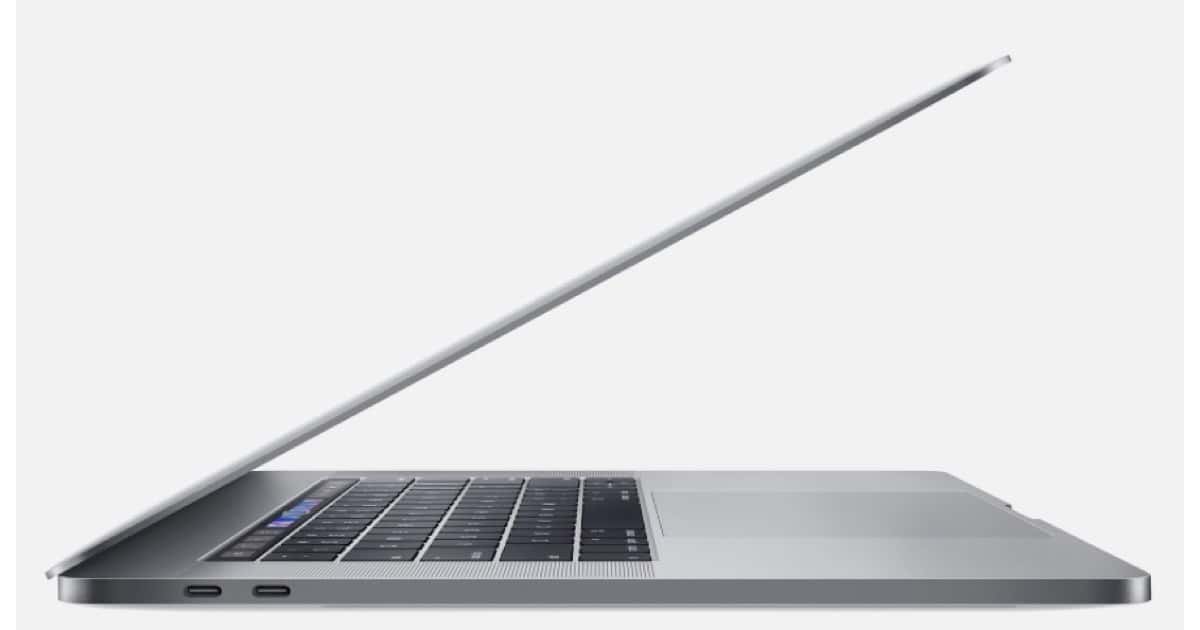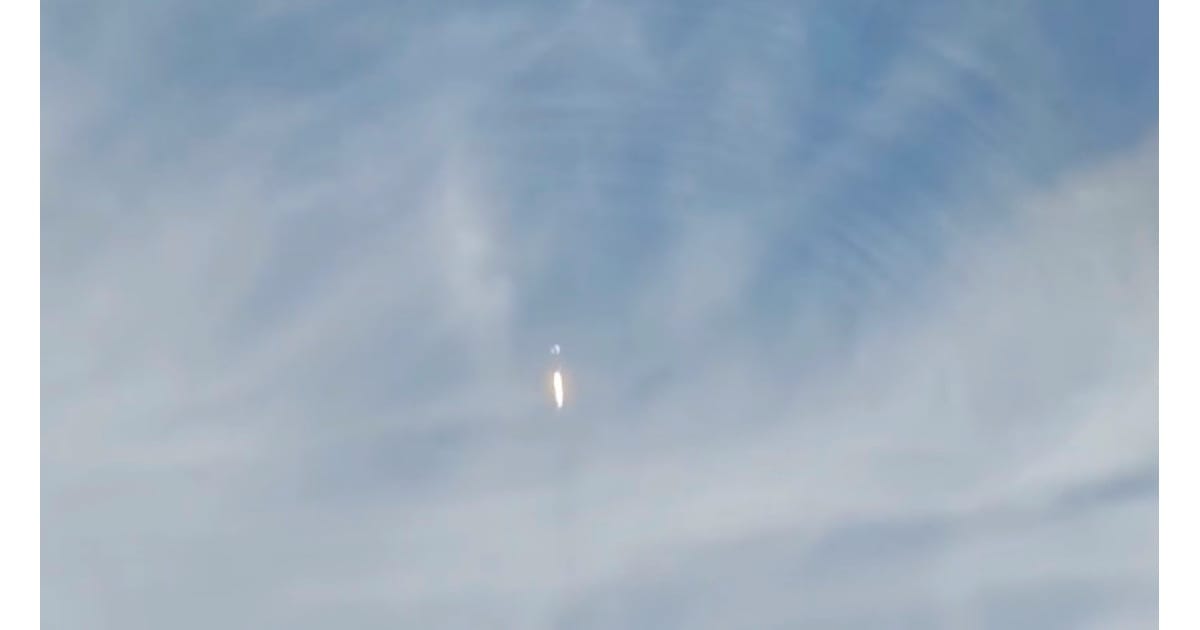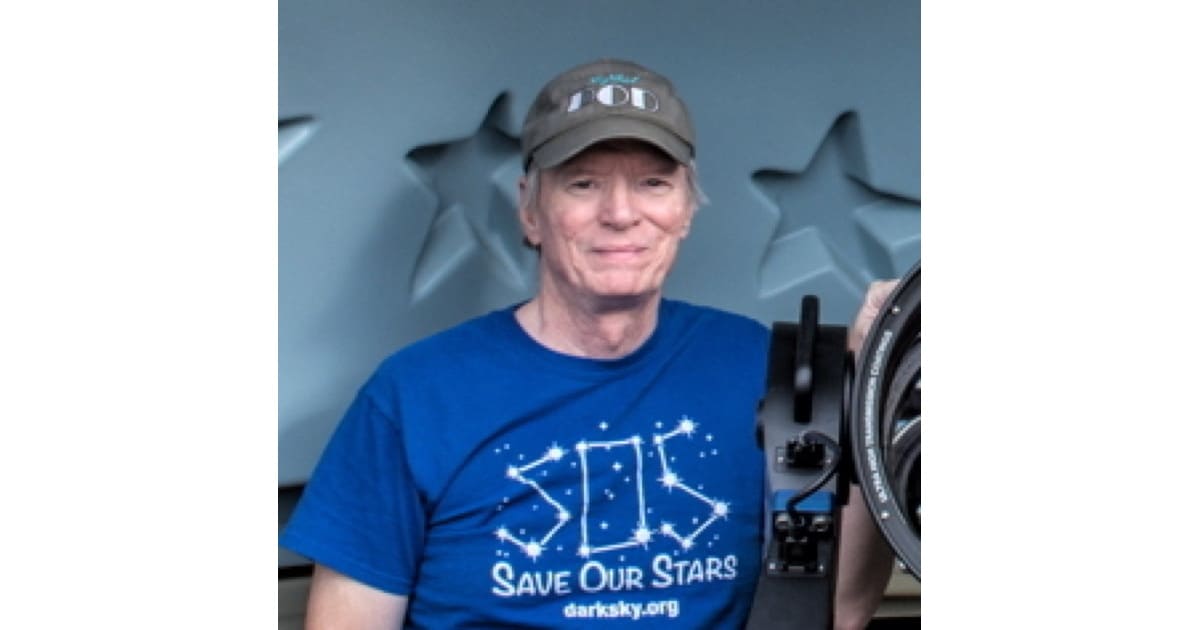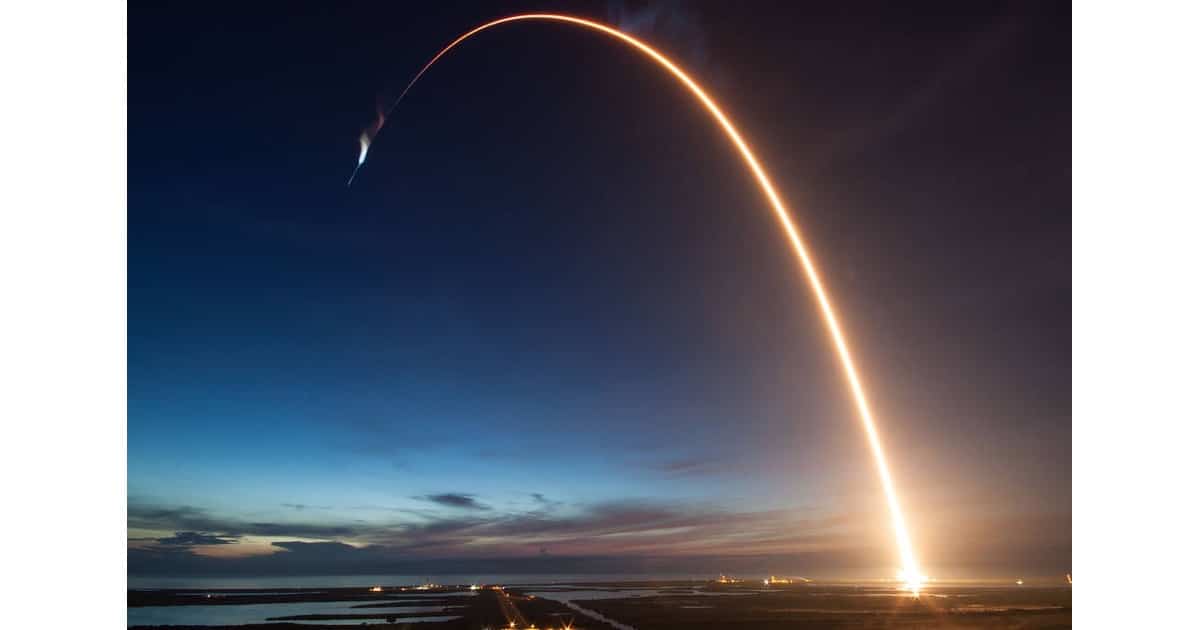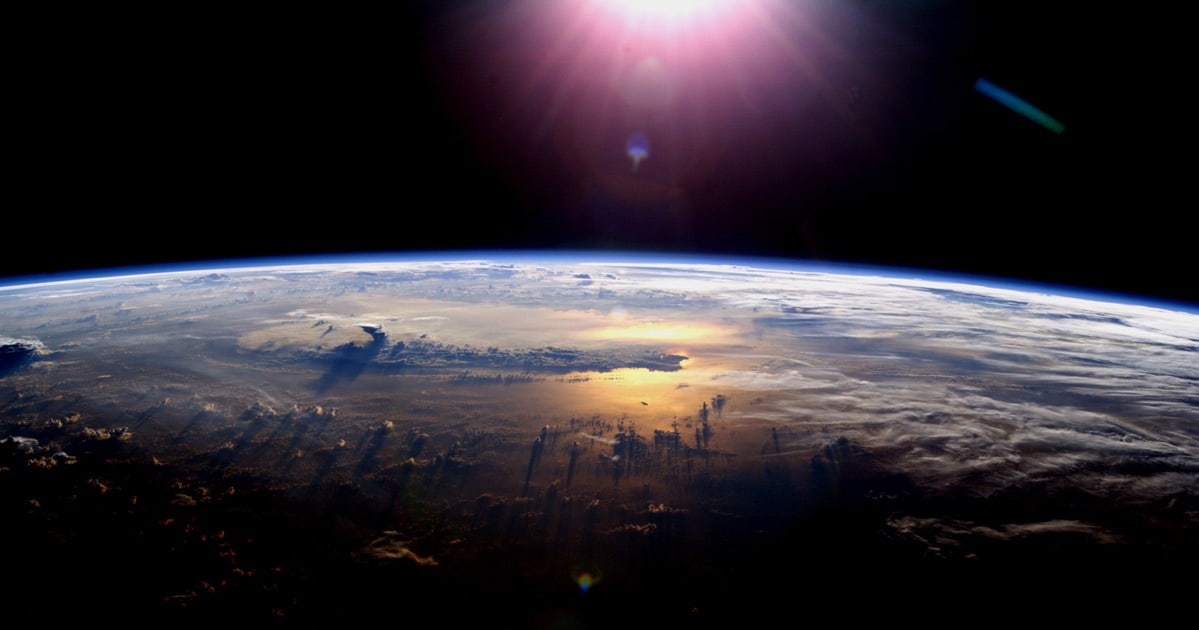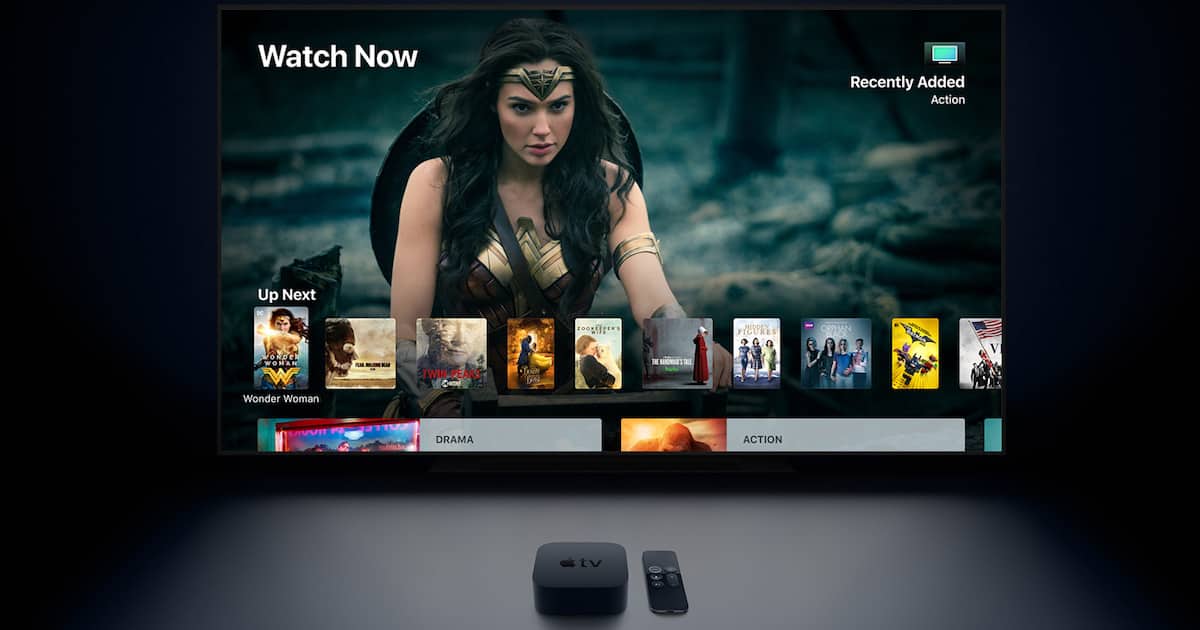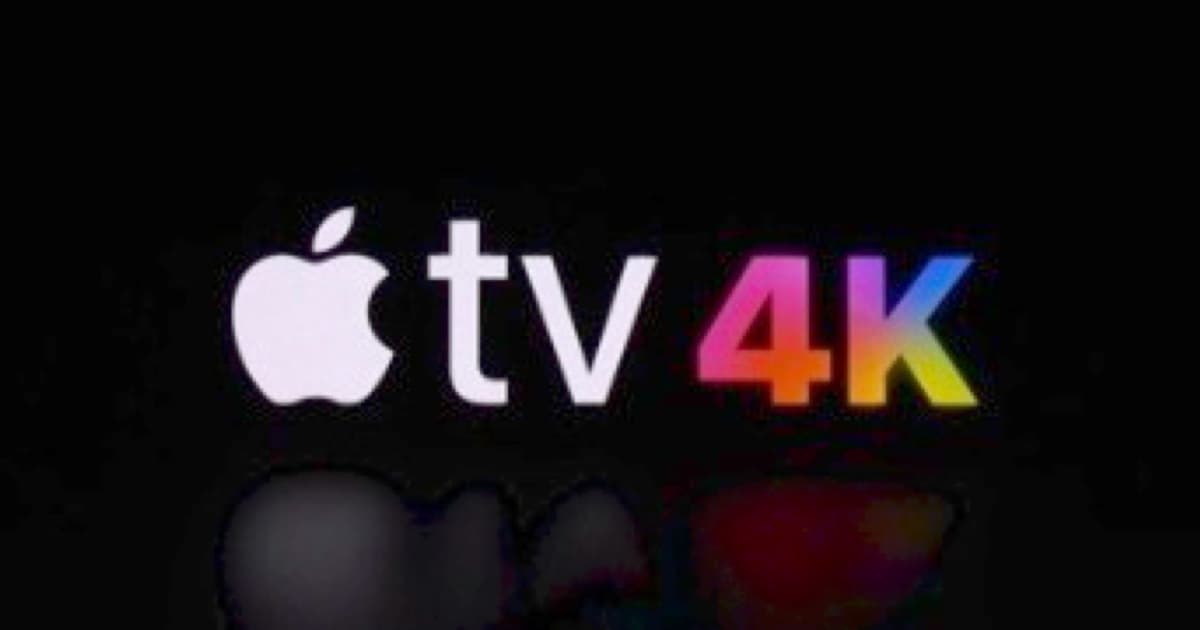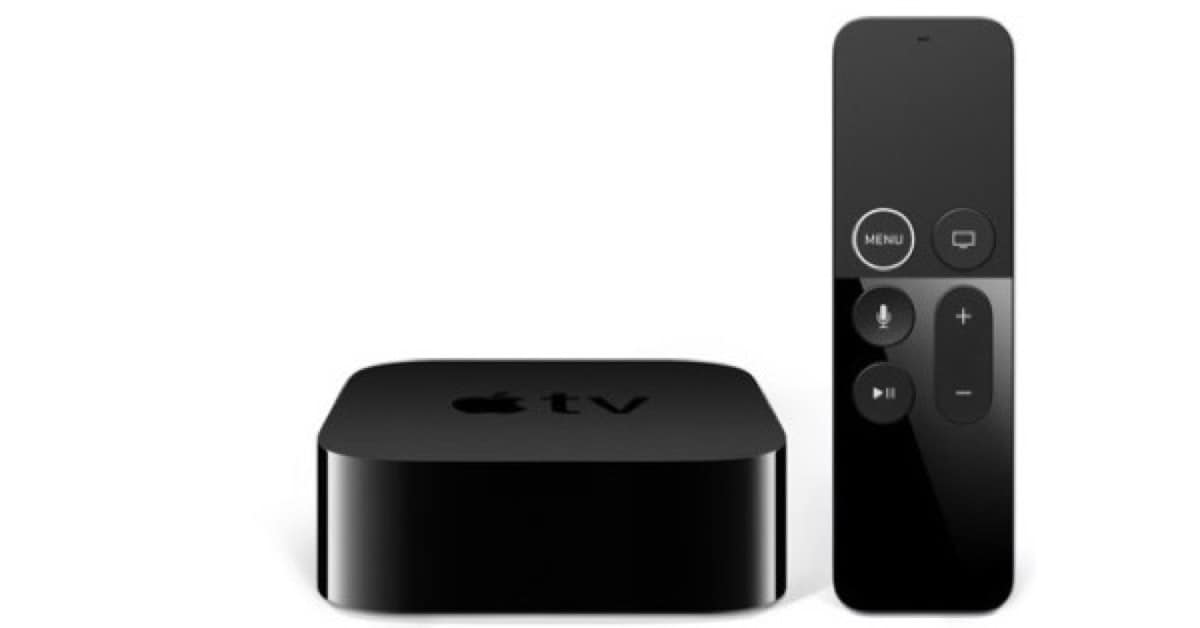Google Chrome is gradually changing the alert in the search bar regarding the security of its website connection. John had mixed feelings about the early announcements.

John Martellaro
John Martellaro was born at an early age and began writing about computers soon after that. With degrees in astrophysics (B.S.) and physics (M.S.), he has worked for NASA, White Sands Missile Range, Lockheed Martin Astronautics, the Oak Ridge National Laboratory and Apple. At Apple he worked as a Senior Marketing Manager, a Federal Account Executive and a High Performance Computing manager. His interests include chess, science fiction and astronomy. John is the host of the TMO podcast Background Mode.
Articles by John Martellaro
Get Ready For Planet Mars Close Approach on July 31
On 31 July 2018, the planet Mars will be closer to Earth than it has been in 15 years. Technically, it’s called opposition, and the distance will be 35.7 million miles (57.6 million kilometers.) Look south in the late evening, west of the constellation Sagittarius, to see the dazzling red planet. Even a small telescope will bring out some detail, polar cap, etc. And check with your local planetarium for a special observing event. This NASA doc has the details.
TMO Background Mode Interview with Novelist and Freelance Tech Writer Dan Moren
Dan Moren is a novelist, freelance tech writer and prolific podcaster. He’s written for Tidbits, Fast Company, Popular Science, Yahoo Tech, and Tom’s Guide. He was a senior editor at Macworld for many years and continues to write the excellent Stay Foolish column there every Friday. Today he also writes for Six Colors and hosts severable popular podcasts, including Clockwise and Inconceivable! We chatted about his years before Macworld and how he launched his career by writing about Star Wars for a newspaper (most interesting) and later bumped into Jason Snell at a Macworld Expo. Dan told me the story about the development of his SciFi novel, his favorite Mac and his favorite writing tools for both fiction and tech. Finally, Dan briefed me on the many different podcasts he hosts.
MacBook Pro, FreezerGate and a Tempest in a Teapot
There was a disruptive event this week in the Apple community that made screaming teenage girls at a concert look calm and sensible by comparison.
The Details of Star Trek: Discovery, Season 2
This article at Digital Trends has details from Star Trek: Discovery season 2 debut. CBS released two photos at Comic-Con San Diego. Anson Mount (Hell on Wheels) joins the cast.
Why We Hunger For the Latest Gizmo. Or iPhone
It’s called The Diderot Effect, and it explains modern consumerism, why you buy things you don’t need. It all started when we were told as kids that we just had to have the awesome decoder ring found in that special cereal box. Today, unless we’ve seen the latest superhero movie or have the latest iPhone, we are somehow less of a person. Our goods define our identity. This linked article provides some perspective on manipulated consumerism.
How to Interpret the 2018 MacBook Pro Thermal Issues Report
The Core i9 2018 MacBook Pro was tested with one particular app and experienced some thermal throttling. A fuss ensued. John weighs in.
Watch as Supersonic Rocket Goes Through Cloud of Ice Crystals
Ice crystals refract light. That’s what causes a sun dog. But when a rocket goes supersonic and vibrates the ice crystals in a cirrus cloud, the effect we see is even more astounding. I’ve never seen this effect, and I think it’s pretty cool.
How to Predict When Apple Will Ship New Macs
It’s not an exact science by any means. But there are often subtle hints that Apple is ready to ship a new Mac. John has some tips.
More Details on the 8th Gen. Intel CPUs in New MacBook Pros
Page 2 of Particle Debris takes us to an exploration of the 8th generation Core CPUs used in the new MacBook Pros. Plus, the re-emergence of Spectre—and the continuing work on how to defend. Also, honoring Python’s Guido van Rossum.
TMO Background Mode Interview with Amateur Astronomer Mike Weasner
Mike Weasner is a noted amateur astronomer, known for his book on the Meade ETX telescopes, early iPhone astrophotography and work with the International Dark-Sky Association (IDA) in Arizona. Very early in life, Mike fell in love with astronomy, and that led to a B.S. in astrophysics. Via ROTC, Mike later joined the United States Air Force, where he served as a fighter pilot (A-7D), instructor (T-38), and a manager in the Air Force’s Space Shuttle Program Office. After his USAF duty, Mike spent 23 years as a program manager with TRW/Northrop Grumman. We chatted about his Air Force days and some interesting flight experiences. In the second segment, we talked about the construction of his observatory, evolution of his telescopes, astrophotography of asteroids, supernovae patrol and his work with the IDA.
An Amazing Review of 2018 MacBook Pro by a NASA Engineer
The new 2018 MacBook Pro has us all talking. But here’s the best review of them all that John has seen. From a NASA engineer.
Do Photos of an Event Improve Memory of it? Apparently Not
We take a lot of photos. We upload them. But a study from UC Santa Cruz shows that photographs don’t actually present the truth of the moment: they actually distort it. The effect is called “cognitive offloading.” The linked article explains. “It turns out that photographing gives the photographer significantly less need to encode (i.e. we tend to put more mental stock, if you will, into the photograph that we just took rather than actually encoding the memory ourselves).” Sounds like vacationers need to spend more time gazing and less time photographing.
Go Ahead, Ask Siri if She's Spying on You
Lots have been written, both seriously and in jest, about whether our AIs spy on us. But why not just ask Siri? Will she lie? This light-hearted experiment has been tried, in the provided link, and the nature of the responses is interesting. Some day, Siri will be a lot smarter, but will the answer be just as blunt? Or more helpful? Right now, ::cough:: it seems more like the game of Eliza.
Some Very Cool Space Images - and a Falcon 9 Launch
The best images from space, and some from the ground, and some from the ISS can be both spectacular and inspiring. Here are some great ones that dazzle. Thanks to digg,com for collecting them. (Falcon 9 time-lapse shot via SpaceX.)
Review: SanDisk Extreme Portable SSD - Extremely Cool
The SanDisk Extreme Portable SSD is an insanely small, fast, external SSD. At 44 grams, USB-C, some degree of water resistance, and up to 2 TB storage, it’s a spectacular product in tests so far.
What the iPhone 8 Costs in Other Countries Will Surprise You
An iPhone 8 Plus, in the U.S., with 256 GB of storage goes for US$949. But the that’s the lowest price you’ll pay. Here’s an interesting chart that show how much it’ll cost in many other countries, in equivalent U.S. dollar.s. For example, those in Brazil will pay the equivalent of $1377. Why? Import taxes.
TMO Background Mode Interview with University Psychologist and Podcaster Dr. Robert Carter
Dr. Robert Carter is a Ph.D. Psychologist at Texas A&M, a long-time Apple enthusiast, and the co-host of the Tech Doctor podcast. He’s very well versed in assistive technologies, having been blind since birth. Robert tells an amazing story about he’s coped with his disability through the years. It started with using a portable typewriter in grade school, discovering the Apple II at age 18 and a speech synthesizer plug-in card, and ultimately using Apple’s extraordinary VoiceOver technology on the Mac—and now iPhone. We chatted about the techniques he uses to read and write, including the use of the Hims BrailleSense Polaris display. We finished with a discussion of his Tech Doctor podcast, and its focus on assistive technologies, and how the evolution of AI and robot technologies look to really help those with disabilities.
Today, the Earth is Farthest From The Sun. Why So Hot?
In the northern hemisphere, at least. Yes, the Earth is farthest from the Sun, in its slightly elliptical orbit, in the northern hemisphere summer. And so it’s natural to ask why summer gets so warm. That’s a classic astronomy 101 question, and it’s nicely explained in this link at Gizmodo. (Image credit: NASA.) For more, see: “Aphelion Day 2018: Earth Is Farthest from the Sun Today.”
How to Become a Good Naked-Eye Stargazer
It’s summer. We’re outdoors at night more than other seasons. Then, when people think about becoming more familiar with the night sky, the various stars and constellations, they often think that a telescope is required. And while it’s true that good views of planets, nebulae and galaxies do require a telescope, there’s a lot one can learn by an organized effort with the naked-eye. In fact, one can argue that a good familiarity with the constellations is an important starting point for all things astronomical. This linked article has great information on exactly how to become a good naked-eye stargazer
How to Download Apple TV 4K Video Purchases to Your Mac
Movies and TV shows purchased on an Apple TV (4K) remain available for streaming, but are not actually stored there. Here’s how to download the actual video file to a Mac.
3 Really Nice Additions to Apple TV 4K That Apple Has Declined
Page 2 of Particle Debris points to a nifty article by Dan Moren about how the Apple TV 4K could be improved. These are fairly obvious enhancements, but remain unimplemented. John continues the discussion with a theory about why that’s so.
How Does Amazon's Fire TV Cube Compare to Apple TV 4K?
The Apple TV 4K has been shipping since September, 2017. Now there’s a new competitor, Amazon’s Fire TV Cube. One might think that a later design might be seriously better than the Apple TV 4K, but as this review demonstrates, the Fire TV Cube is a long way from achieving that. Apple’s mighty little black brick packs some real punch while “the Fire TV Cube is simply last year’s Fire TV combined with an Echo Dot.” This is a good review.
TMO Background Mode Encore Interview with Freelance Tech Jounalist Kirk McElhearn
Kirk McElhearn is an expert technical journalist for all things Apple. He was a Senior Contributor at Macworld for 15 years, is known as “The iTunes Guy,” and writes about Macs, security, iTunes, books and music. Kirk has also written several “Take Control Books,” including tutorials on iTunes, Audio Hijack and Scrivener. In this encore appearance, Kirk and I chatted about the evolution of photography at Apple, the emergence of the iPhone as a pocket supercomputer-camera, AI technologies and facial recognition used in iPhone photography, lens and CCD technologies, Aperture vs. iPhoto/Photos, managing digital assets, and how sophisticated software has allowed the average user to take great photos. And more. We finished with a discusion of Kirk’s new podcast (with Jeff Carlson) called PhotoActive which is all about photography and the Apple ecosystem.

